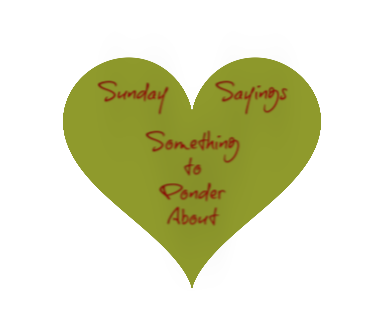
Christmas time may be a source of stress or joy. Compounding those yuletide stresses, the Covid pandemic continues to rage, so there was little cause for joy in many parts of the world.
Marlene inspired me to think of the year’s outcomes in terms of ‘gifts,’ some good and of course, some bad. We’d do well to focus on the better aspects for our own well-being. So, what if any, positives can be noted?

Lessons from the Pandemic
Whether we like the lessons or not:
- This awful year has taught us patience and more appreciation for things at home.
- This dreadful year has been a godsend for parts of the environment and animal world.
- The pandemic afforded us time to develop or re-discover DIY home projects.
- This deadly virus has potentially increased family tensions but has given extra time with loved ones. I will take as a blessing option, thanks.
- Rates of family violence and alcohol consumption rose, yet levels of air pollution diminished due to fewer vehicles on the roads. The night sky was/is full of stars hitherto unseen in cities, as air quality improved.
- Peak hour traffic congestion eased and commuter accidents lessened.
- Workplaces were forced to become more flexible, benefitting those caring for someone, at home.
- Money from saved travel and workplace costs, (uniforms, ancillary items, office durables and rentals), could instead be spent on other items that bring joy.
- Extroverts suffered from social isolation but many introverts thrived.
..some Australian online [alcohol], retailers have reported 50% to 500% increases in sales compared to the same period in 2019.
https://www.ncbi.nlm.nih.gov/pmc/articles/PMC7300689/#dar13092-bib-0018

Negative Impacts of the Pandemic
This pandemic has uncovered a festering mal-contentment at the interplay between politics and society and offered diametrically opposed opportunities and grief.
Unemployment rose sharply and many lost businesses, their livelihood, or their lives. In some places, political decisions and divisiveness led to civil unrest. Financial ruin became rampant. Mental health nosedived.
For each one of us, the impacts may be very individual. With no short term end to Covid in sight, the heightened emotions the pandemic brings, remain uncomfortable and difficult for many folks to manage.
How do we deal with those difficult emotions?

Dealing with Difficult Emotions
Write Down Your Thoughts
Sometimes it can be cathartic to transfer those strong emotions into written words. Blogging can be great therapy.

Slow Down and See Each Moment
Ironically, the pandemic has made me feel grateful.
Grateful for things I DO have and it ensured I did slow down and appreciate the individual moments that pass by.
Grateful for our country’s relative safety bubble.
We can be grateful for modern science working hard to solve the virus riddle.
Grateful that I have not been touched by financial ruin, separation or Covid itself.
Grateful that even though my workinglife ended prematurely, I now have time to enjoy retirement activities with the Moth.
Grateful that I have daily incidental conversation with the adult children who came home due to financial reasons.
Grateful that I can let unimportant things slide.
Grateful to have the awareness I am so much more than just my emotions/feelings.
Grateful that emotions and feelings change as the world moves and changes. Everything must change for, just like bad weather, nothing ever lasts.
2021 Mantra
In this New Year of 2021:
If I feel sad, I will sit with that feeling of sadness.
If I feel loss, hurt or rejected, I will accept that feeling, not deny or think that I ‘shouldn’t,’ feel that way.
If I feel frustrated or inadequate, I will sit with that until the feeling passes. I won’t feel tormented that these emotions are wrong or bad, but rather let them ‘slide.’
Let it slide.
Not quite the same ‘sliding,’ as the lyrics of the song suggest, but the personal reminder is contained in that catchy melody; the melody that is today’s earworm.
“Let it Slide.“
Happy New Year






















